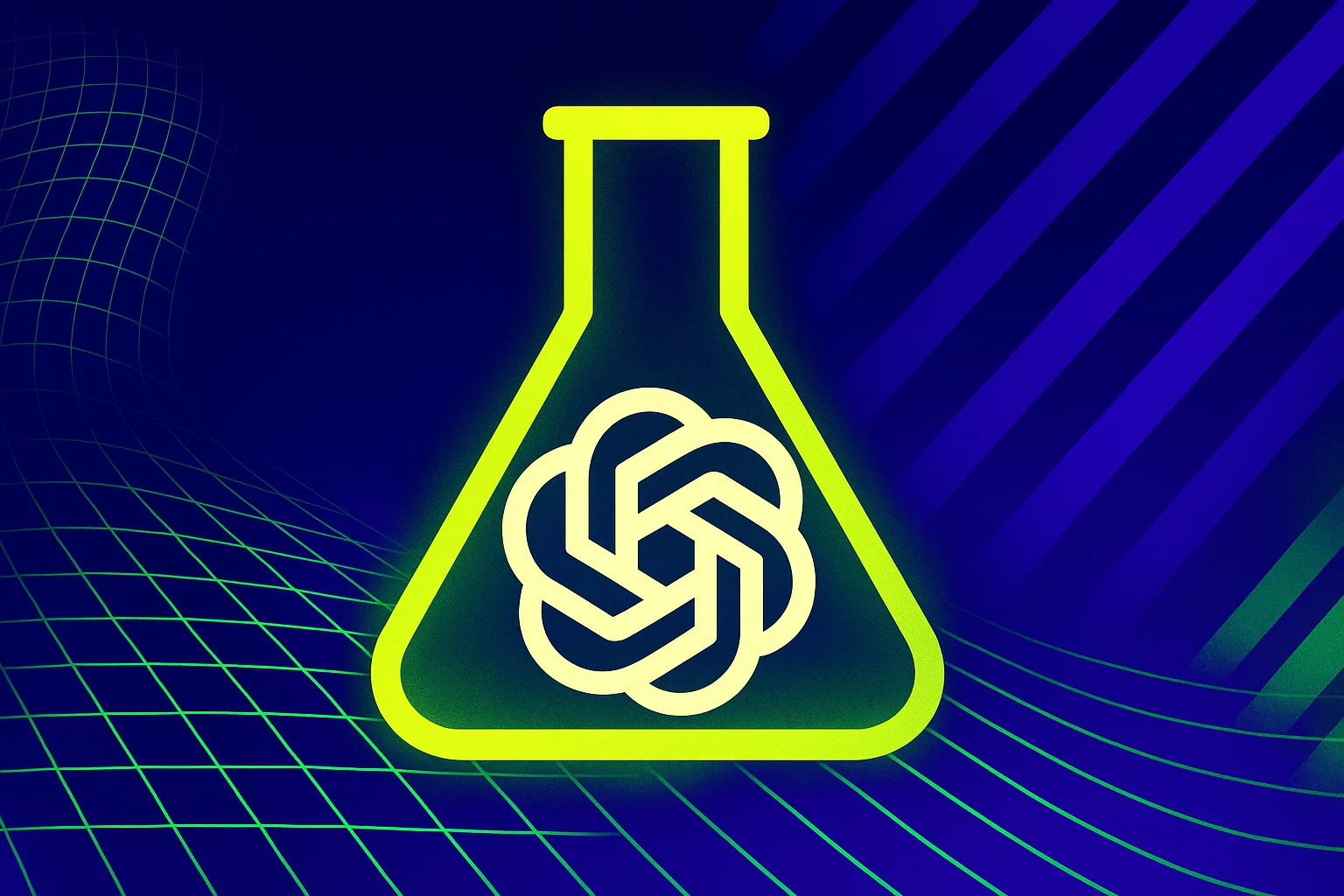OpenAI builds 'AI for Science' team to advance computational discovery

OpenAI is expanding its research efforts with a new program called OpenAI for Science, created to develop AI systems that can support scientific reasoning and speed up discoveries in physics and mathematics.
The initiative is led by Kevin Weil, who has taken on the role of VP of AI for Science and posted about the program about a month ago. Now one of the first outside scientists to join the team is black hole researcher Alex Lupsasca, who will continue to hold his professorship at Vanderbilt University.
In an X thread, Lupsasca shared that his decision to join OpenAI was influenced by recent advances in the company’s technology. While he had previously considered AI to be far from capable of matching human researchers, his view changed after working with GPT‑5 Pro. In his paper "Why there is no Love in black holes", which describes new conformal symmetries in Kerr perturbations,
Lupsasca found that GPT‑5 Pro was able to rediscover the central symmetry in about half an hour after minimal setup. The model also solved complex observational astrophysics tasks that would typically take a graduate student several days.
Lupsasca described the results as highly promising, noting that AI‑assisted research is moving beyond theoretical experimentation and beginning to show practical value in real research contexts. Mathematician Terence Tao recently made similar observations, explaining that ChatGPT had saved him significant time on his own work.
OpenAI diversifies its strategy to compete with Google
OpenAI recently took top honors in several international competitions, including the International Mathematical Olympiad (IMO), the International Olympiad in Informatics (IOI), and the International Collegiate Programming Contest (ICPC). These wins were achieved using an agent framework that paired a yet‑unreleased reasoning model with GPT‑5.
After building momentum with its agent technology, OpenAI’s roadmap now points toward AI models designed to generate original scientific insights and drive technological innovation. The new "OpenAI for Science" program marks the next phase of that plan and positions the company to compete more directly with Google, whose Deepmind team led by Nobel laureate Demis Hassabis continues to play a major role in AI‑based scientific discovery.
The initiative comes as OpenAI faces growing public and industry scrutiny. The release of GPT‑5 was widely viewed as falling short of expectations amid heavy marketing buildup. The company is also contending with criticism over high investment levels relative to revenue, copyright disputes, and concerns that Sora 2 is contributing to the "sloppification" of online content. Most recently, the company has also faced controversy over AI chatbots designed for intimate or emotional interactions.
AI News Without the Hype – Curated by Humans
As a THE DECODER subscriber, you get ad-free reading, our weekly AI newsletter, the exclusive "AI Radar" Frontier Report 6× per year, access to comments, and our complete archive.
Subscribe nowAI news without the hype
Curated by humans.
- Over 20 percent launch discount.
- Read without distractions – no Google ads.
- Access to comments and community discussions.
- Weekly AI newsletter.
- 6 times a year: “AI Radar” – deep dives on key AI topics.
- Up to 25 % off on KI Pro online events.
- Access to our full ten-year archive.
- Get the latest AI news from The Decoder.